Help with hard water
deegw
10 years ago
Related Stories

KITCHEN DESIGNChef's Kitchen Works Hard Yet Stays Pretty
A butler's pantry complete with refrigerator and dishwasher helps a restaurateur contain the mess when cooking and entertaining at home
Full Story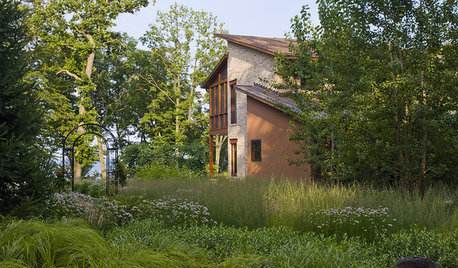
GARDENING GUIDES8 Unthirsty Plants Help You Save Water in Style
Spend less effort and money on your landscape with drought-tolerant and native plants that liven up your yard
Full Story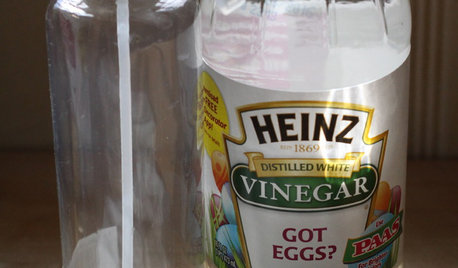
HOUSEKEEPINGMagic Solution for Hard Water Stains
Vanquish evil hard water stains with this inexpensive, fast-acting and all-natural ingredient. And it's probably right in your cupboard
Full Story0

GREEN DECORATING8 Questions to Help You See Through Green Hype
With the ecofriendly bandwagon picking up some dubious passengers, here's how to tell truly green products and services from the imposters
Full Story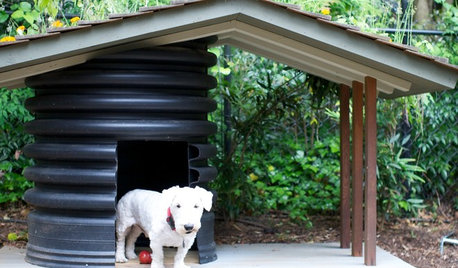
PETSHow to Help Your Dog Be a Good Neighbor
Good fences certainly help, but be sure to introduce your pup to the neighbors and check in from time to time
Full Story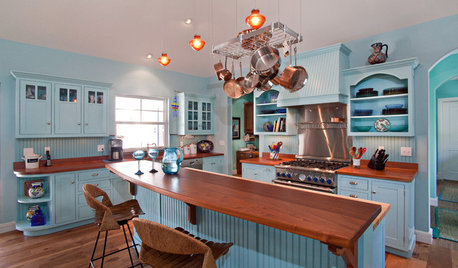
KITCHEN DESIGNHere's Help for Your Next Appliance Shopping Trip
It may be time to think about your appliances in a new way. These guides can help you set up your kitchen for how you like to cook
Full Story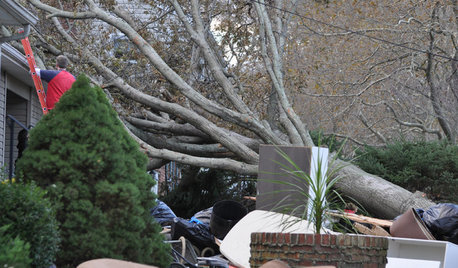
DISASTER PREP & RECOVERY7 Ways to Help Someone Hit by a Hurricane
The best things you can do in the wake of devastation are sometimes the most surprising
Full Story
ORGANIZINGDo It for the Kids! A Few Routines Help a Home Run More Smoothly
Not a Naturally Organized person? These tips can help you tackle the onslaught of papers, meals, laundry — and even help you find your keys
Full Story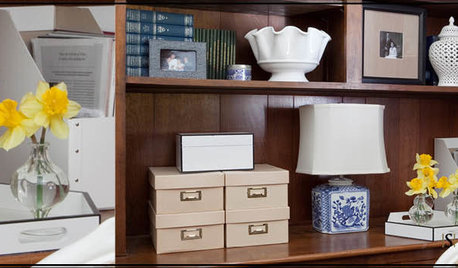
ORGANIZING4 Questions to Help You Organize Your Favorite Photos
Organize your keeper photos with a system that's just right for you, whether it's in the cloud or you can hold it in your hand
Full Story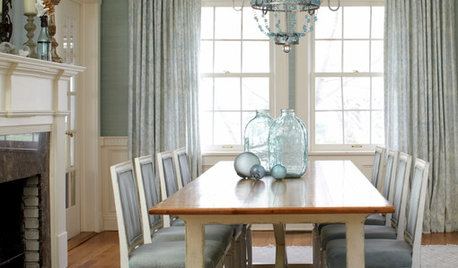
REMODELING GUIDESRoom of the Day: Antiques Help a Dining Room Grow Up
Artfully distressed pieces and elegant colors take a formerly child-focused space into sophisticated territory
Full Story









Annie Deighnaugh
graywings123
Related Professionals
Linton Hall Interior Designers & Decorators · View Park-Windsor Hills Interior Designers & Decorators · Minneapolis Furniture & Accessories · Surprise Furniture & Accessories · Woodstock Furniture & Accessories · Pleasant Grove Furniture & Accessories · Potomac Furniture & Accessories · Robbinsdale Furniture & Accessories · San Diego Furniture & Accessories · Ashburn Custom Artists · Mill Valley Custom Artists · La Jolla Lighting · East Bridgewater Window Treatments · Littleton Window Treatments · South Yarmouth Window TreatmentsdeegwOriginal Author
Annie Deighnaugh
lolauren
deegwOriginal Author
Boopadaboo
Annie Deighnaugh
3katz4me
lynninnewmexico
lynninnewmexico
tishtoshnm Zone 6/NM
zen4d
User
WendyB 5A/MA
patricianat
WendyB 5A/MA
deegwOriginal Author